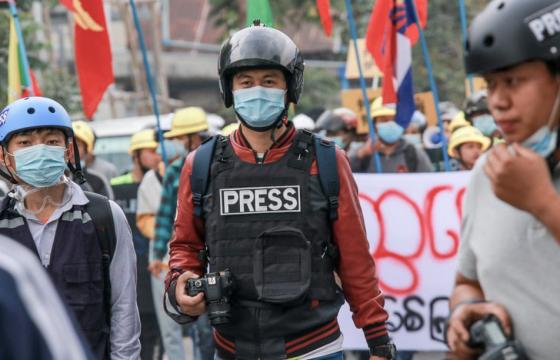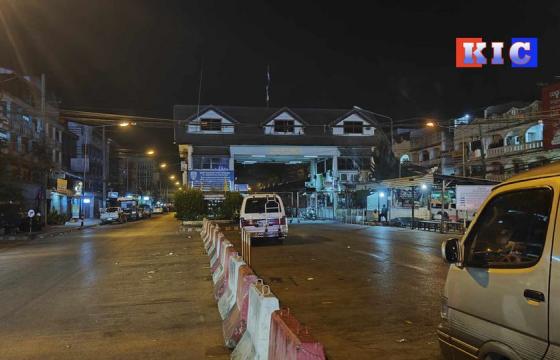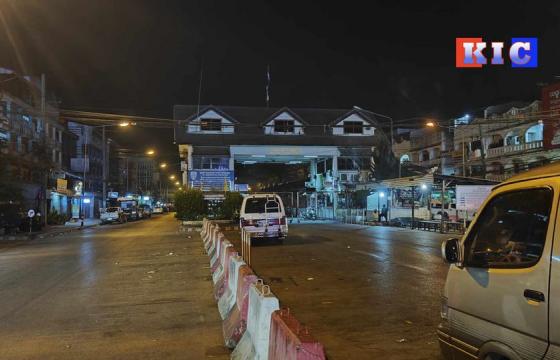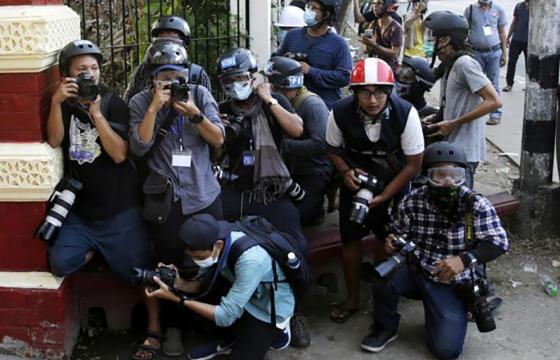The Back Pack Health Worker Team (BPHWT) said, in a 6 October statement, that civil war and conflicts have worsened public health and as a result there should be an immediate and genuine peace.
The statement was released after the end of the 7th annual BPHWT conference, which ran from 29 September to 1 October. 132 representatives attended the conference, they included BPHWT members from different areas, leaders of ethnic health organisations and observers.
The BPHWT’s secretary U Aye Lwin said to KIC News: “The first thing we want is for both sides to stop all fighting. By stopping fighting, a large portion of the cost [of fighting] can be used for health issues. Peace would be in a better situation if the roles of the public and civil society organisations were included.”
According to surveys carried out by the BPHWT conflict negatively affect public health because those who live in conflict areas and internally displaced people (IDPs) suffer from increases in: the cases of malaria, the mortality rate of mothers and cases of malnutrition in children.
The BPHWT was established on 16 August 1998 and consists of over 1,300 health workers in 104 teams providing healthcare to over 240,000 people living in the Ayeyawaddy delta area and ethnic areas that are out of the reach of government healthcare workers. The ethnic areas it operates in includes Kachin, Karen, Karenni, Kayan, Mon, Palaung, Shan, Arakan, PaO, Chin and Naga areas.
The BPHWT has been concentrating on malaria elimination, maternal health and health education, but there are still many difficulties in providing healthcare in conflict areas.
Mai Sar Yan, who is in charge of BPHWT’s Palaung area said: “Up till now we are still being questioned in our area. Whenever we go on a field trip we still have to avoid the Burma Army. There are still disturbances when [we are] travelling. The Burma Army is still questioning us, they don’t trust health workers.”
At their conference the BPHWT discussed how they could minimise such problems by getting both the government and international aid organisations to recognise healthcare solutions designed and implemented by ethnic health organisations and civic-based health organisations.
In their statement the BPHWT highlighted these issues by saying it would cooperate with governmental, international, and ethnic health organisations and aim for the emergence of health policies that serve the entire public and better healthcare in line with the peace process.
The BPHWT conference also reviewed the organisations financial report, future plans, organisational procedures and elected a 15 member steering group led by the chairperson Dr Cynthia Maung.
Reporting by S’Phan Shaung for KIC News
Translated by Thida Linn
Edited in English by Mark Inkey for BNI







